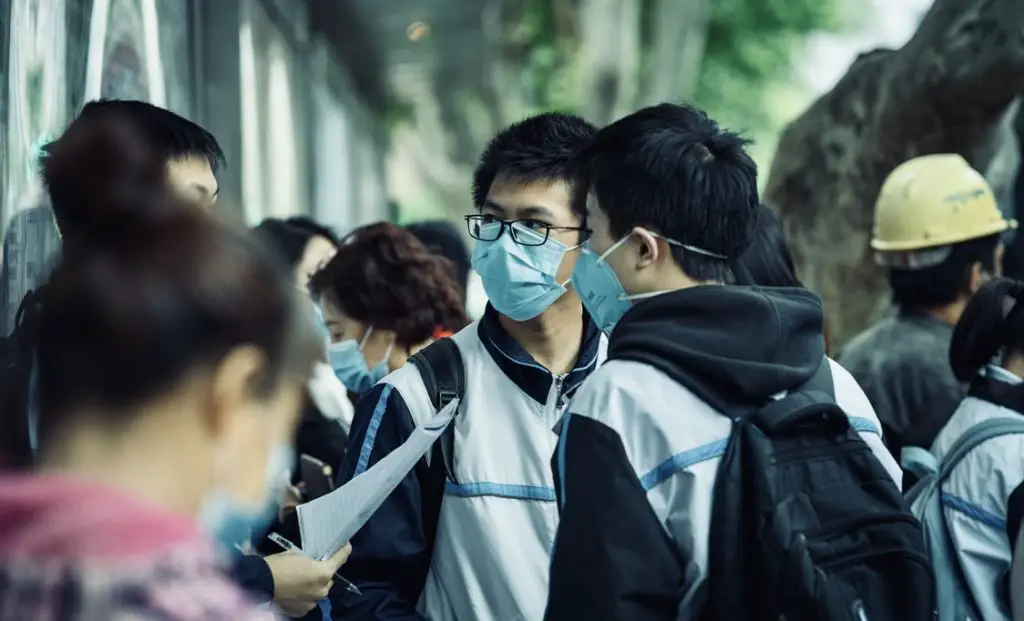A petition asking the University of North Texas (UNT) to revoke its decision to terminate an exchange program with 15 Chinese researchers has garnered nearly 6,000 signatures.
UNT’s decision, taken on August 26, effectively annuls the researchers’ visas, requiring them to leave the US as soon as possible.
‘No Reason’ Provided for Expulsion
The petitioner, a UNT alumna, alleges that the Chinese scholars were not provided with a reason for their program’s discontinuation that is funded by the Chinese Scholarship Council, a non-profit organization of China’s ministry of education.
According to the petition, even the university letter notifying the termination didn’t give a reason for the decision.
The university “has come to a decision to end its relationship with visiting scholars,” the letter said. “As a result of this change, access to UNT e-mail, servers, and other materials has been terminated.”
Jim Berscheidt, a university spokesperson, told the Denton Record-Chronicle that the decision “does not impact any student enrolled and studying at the university.” The university continues to “welcome visiting scholars from around the world, including China,” he added.
The petition says the researchers are “not prepared” for their departure and are struggling to arrange for their flight ticket, whose prices have jumped considerably amid the pandemic.
Chinese Students in US
Earlier in June, President Donald Trump issued a presidential proclamation restricting the entry of Chinese students to the US, “who are pursuant to an F or J visa to study or conduct research in the United States” and are associated with any entity of the Chinese government that implements the “military-civil fusion strategy.”
The strategy, the proclamation explains, refers to actions taken at the behest of the Chinese government “to acquire and divert foreign technologies, specifically critical and emerging technologies” in order to advance Beijing’s military capabilities.
In his proclamation, Trump accused Chinese authorities of using “some Chinese students, mostly post‑graduate students and post-doctorate researchers, to operate as non-traditional collectors of intellectual property.”

